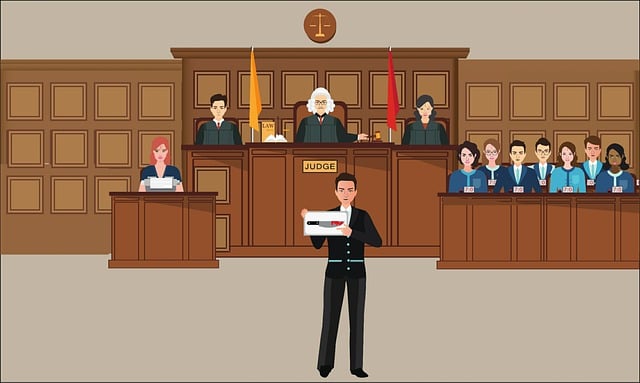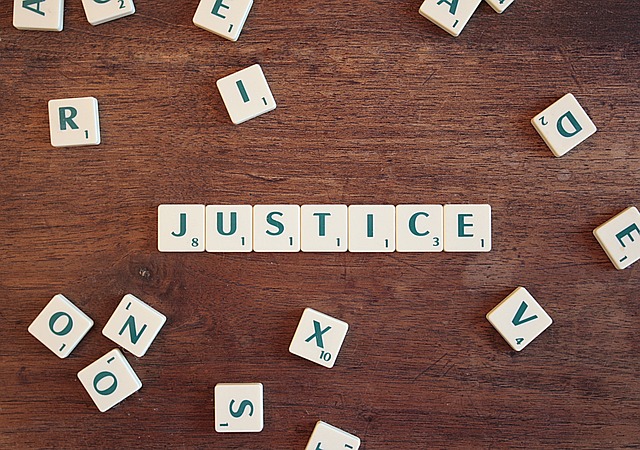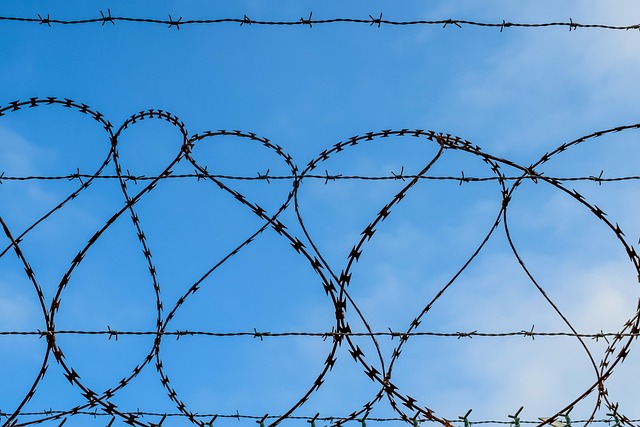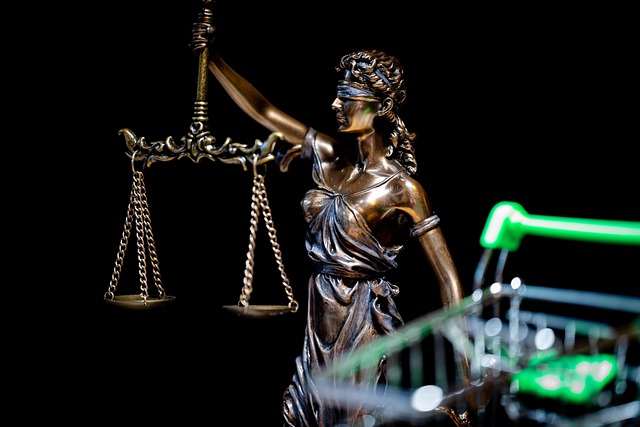This text emphasizes the importance of "Clearing Records" for pedestrians involved in DUI incidents to protect their employment prospects and rights. It explains that employers must maintain records of legal actions, including DUI charges, and highlights the value of understanding this process to assert rights and navigate legal systems effectively. Pedestrians, as vulnerable road users, are protected by laws ensuring safety and fair treatment during proceedings, with support from non-profit organizations. Clearing one's record involves assessing eligibility for expungement or sealing, gathering documents, and submitting a formal request, which can significantly enhance job opportunities after a DUI conviction. However, it also addresses the complex balance between offering second chances and maintaining public safety regarding pedestrians' rights in DUI incidents.
Employment Impact Clearing Records: Navigating Legal Barriers and Securing a Fresh Start
In the event of a DUI (Drunk Driving Under Influence) incident, the consequences can extend far beyond legal penalties. This article delves into the often-overlooked impact on employment and offers a comprehensive guide to understanding and clearing records. We explore the rights of pedestrians involved in such incidents, ensuring they are protected under the law. Additionally, we provide a step-by-step process for record clearance, highlighting its benefits and challenges, especially regarding privacy concerns, while shedding light on navigating legal barriers for a brighter future.
- Understanding Employment Impact Clearing Records: A Comprehensive Guide
- The Rights of Pedestrians in DUI Incidents: Legal Protections and Support
- Navigating the Process: Steps to Clear Your Record for a Fresh Start
- Benefits and Challenges: Enhancing Opportunities vs. Privacy Concerns
Understanding Employment Impact Clearing Records: A Comprehensive Guide

Employment Impact Clearing Records are an essential aspect of post-DUI incident proceedings, especially considering the potential disruption to one’s professional life. These records document the employment history and rights of individuals involved in DUI (Driving Under the Influence) cases, ensuring that their careers remain protected during legal processes. It’s crucial to understand this system as it plays a significant role in helping pedestrians affected by DUI incidents preserve their livelihood.
In many jurisdictions, employers are required by law to maintain these records, which include details of any legal actions taken against an employee, including DUI charges. This process allows individuals to assert their rights and demonstrate that the incident was an isolated event, especially when fighting for reinstatement or new employment opportunities after a conviction. By being aware of their rights and the documentation required, pedestrians in DUI incidents can better navigate the legal system and protect their future prospects.
The Rights of Pedestrians in DUI Incidents: Legal Protections and Support

In the event of a DUI incident involving pedestrians, it’s crucial to understand their rights within the legal framework. Pedestrians, as vulnerable road users, are protected by laws designed to ensure fairness and justice. These include the right to safety and security while using public spaces, such as sidewalks and crosswalks. In many jurisdictions, strict rules mandate that drivers must yield to pedestrians at crossings and maintain a safe speed in areas with high pedestrian traffic.
Legal protections for pedestrians go beyond basic safety measures. They also encompass rights to fair treatment during any legal proceedings that follow an accident. This includes the right to be informed of their options, access to legal counsel, and protection from discrimination or unfair punishment. Support systems, often facilitated by non-profit organizations and legal aid groups, offer resources like counseling services and financial assistance for those affected by DUI incidents involving pedestrians. These measures ensure that justice is not only served but also that vulnerable individuals receive the help they need during challenging times.
Navigating the Process: Steps to Clear Your Record for a Fresh Start

Navigating the process of clearing your record for a fresh start after a DUI incident can seem daunting, but understanding your rights and following specific steps is key. First, it’s essential to assess eligibility criteria in your jurisdiction, as laws vary widely. In many cases, individuals convicted of DUI have the right to seek expungement or sealing of their records, which can significantly enhance their prospects for re-entering the workforce.
After confirming your eligibility, gather all necessary documents, including court orders, police reports, and any evidence demonstrating successful completion of rehabilitation programs or community service. Next, prepare a formal request detailing the nature of your incident and why clearing your record is crucial for pursuing new opportunities. Submit this request to the appropriate court or agency responsible for handling expungement cases in your area. This could involve filling out specific forms, paying associated fees, and attending hearings where both you and prosecutors can present their arguments.
Benefits and Challenges: Enhancing Opportunities vs. Privacy Concerns

Clearing records, particularly for individuals with a history of employment-related incidents like DUI (Drunk Driving Under Influence), presents a delicate balance between enhancing opportunities and addressing privacy concerns. On one hand, removing such records can empower pedestrians who have served their sentence to reintegrate into society and access better job prospects, housing, and other essential services. This is crucial for rehabilitation and reducing recidivism rates, as it allows individuals to leave their past behind and focus on a fresh start.
On the other hand, privacy rights are paramount. DUI incidents can have severe consequences, including injury or loss of life, and clearing these records might send an unintended message that such actions are acceptable or easily forgivable. Balancing the need for second chances against protecting the public’s safety and individuals’ right to privacy is a complex challenge that requires thoughtful legislation and implementation to ensure fairness and accountability.
Employment opportunities and personal privacy are critical aspects of an individual’s life, and clearing records related to DUI incidents can significantly impact both. By understanding the rights of pedestrians involved in such cases and navigating the legal process effectively, those with a past DUI conviction can take control of their future. This comprehensive guide highlights the benefits of record clearance, including enhanced employment prospects and restored dignity. However, it also acknowledges the challenges and emphasizes the importance of balancing these gains against privacy concerns. Armed with knowledge, individuals can make informed decisions, ensuring they receive fair treatment and support throughout the process. Remember, clearing records is a step towards a fresh start, empowering folks to leave their past behind and embrace new opportunities.






